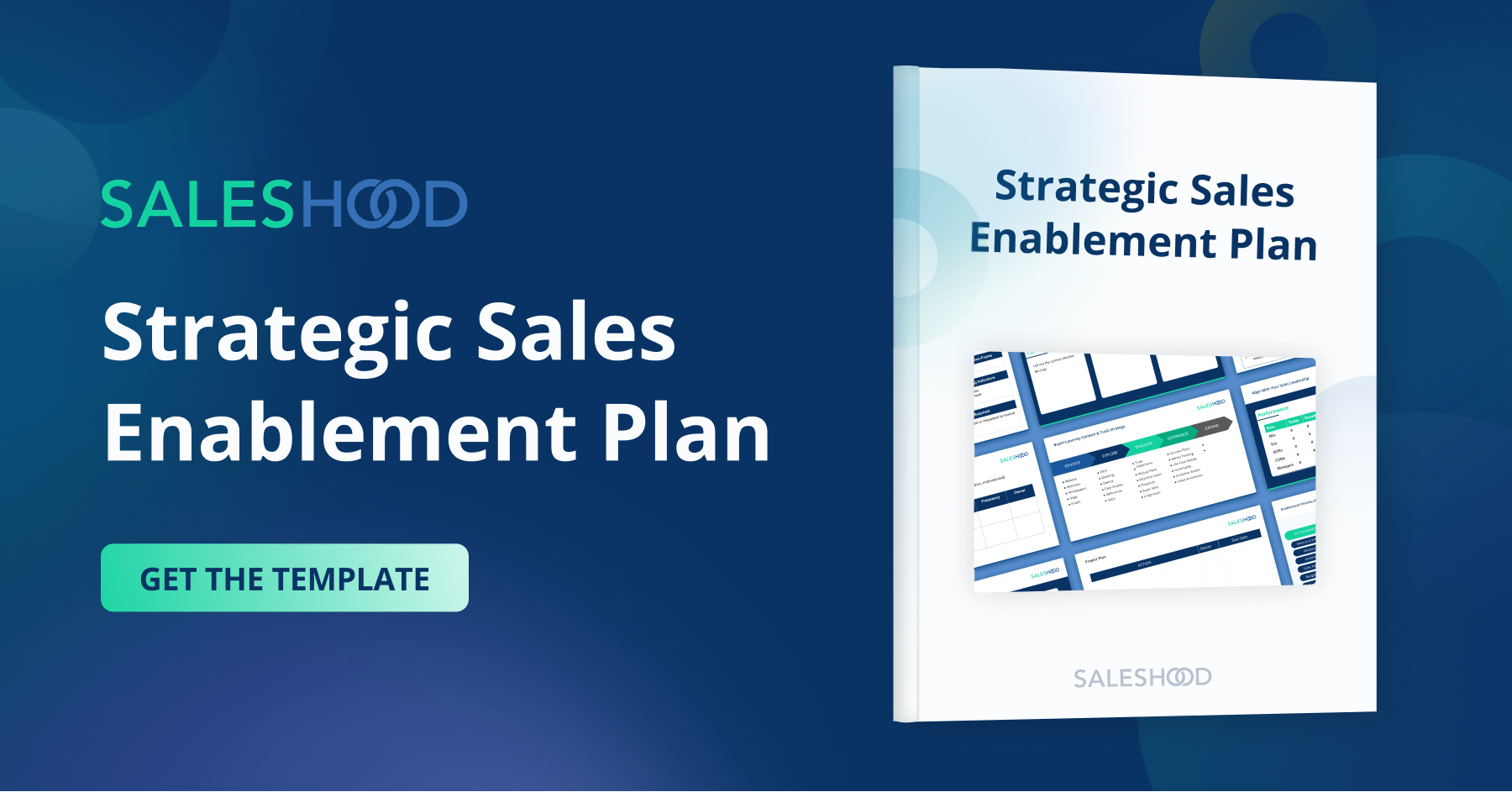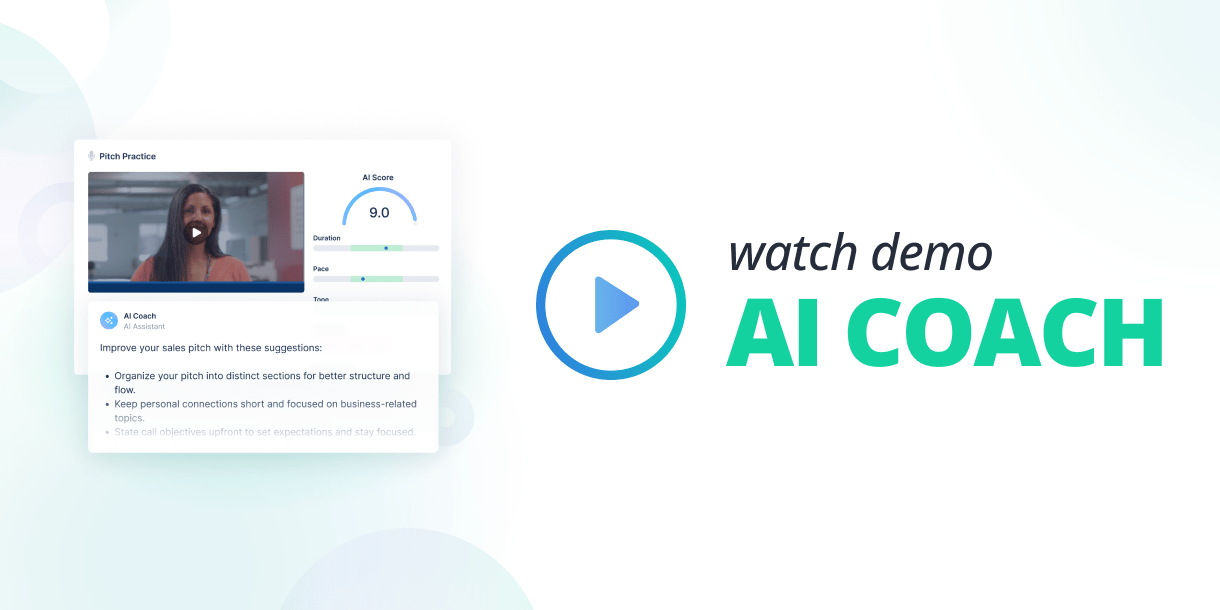Getting an enterprise sales onboarding plan reducing time to ramp is not easy. Getting sales teams performing better and faster is the way to quickly grow business. It’s how we did it at Salesforce and it’s one of the most important initiatives for young startups, too. The first step to creating a scalable, revenue-generating sales onboarding plan is to align on metrics. We all want to front-end the process with metrics that help sales to focus on the right behaviors and actions. For example, we want to measure pipeline generated, time to first deal, and time to quota attainment.
When Dave Rudnitsky, former sales leader from Salesforce, joined Jim Steele at InsideSales.com, one of his first initiatives was to build a sales onboarding plan to ramp up his new team fast. He went from 0–20 sales execs in a very short period of time. The program he created resulted in tens of millions of dollars in self-sourced pipeline and every seller closing a deal in their first 30 days.
Dave created a program that blended self-paced work with certifications, team-based exercises, and role-plays. He focused all activity around messaging competence, self-sourcing pipeline, and closing a deal in the first 30 days.
Here’s what his enterprise sales onboarding plan looks like:
Week 1: Culture, Stories, and Vision
In the first week we include content and welcome videos from all the executives, including the CEO, CRO, and CMO, sharing their vision and goals. The week is filled with customer stories and testimonials along with top performers recording their deal wins to capture how they won the deals and to share their story in a more engaging way.
By the end of week one, which is all done pre-boot camp, sellers have gone through over 12 hours of rich content and have practiced their pitch and white-boarded the value proposition. The first week is all about getting up to speed on the culture and stories.
Week 2: Products and Services
During week two, the product managers share product playbooks as video interviews. The final measurable deliverable for this week is for every seller to record a 2–3 minute elevator pitch. Everyone sees one another’s recordings, and peer reviews help engrain best practices.
Week 3: Prospecting and Territory Planning
Focusing on pipeline generation, the teams are then guided to prospecting. Territory plans are created and prospecting outreach strategies and winning emails are discussed. Salespeople are already generating self-sourced pipeline by this week. The certification is a recorded 5-Minute Territory Plan, focusing on top accounts and pipeline generation strategies.
Week 4: Account Strategies and Deal Execution
Dave Rudnitsky brings it all together in the final week where every seller records an account plan for their top account. He brands the program IGNITE and aligns everyone with his enterprise sales playbook. Account planning is focused on a core set of strategies on connecting the dots, compelling events, and a mutual close plan. This week has a final IGNITE certification.
The results of this type of program speak for themselves. Pipeline and revenue targets were exceeded. But the best part of the story is the feedback from the reps themselves. They all agree that they wouldn’t have been able to ramp as fast as they did without the structure of a 30-day onboarding process.
All too often, building a scalable and repeatable sales onboarding plan and enterprise sales playbook takes a back seat to other priorities. Follow the lead of David Rudnitsky and other forward-thinking sales leaders and put foundational pillars in place from day one. Your team will yield huge benefits and will start winning faster, and more often.




